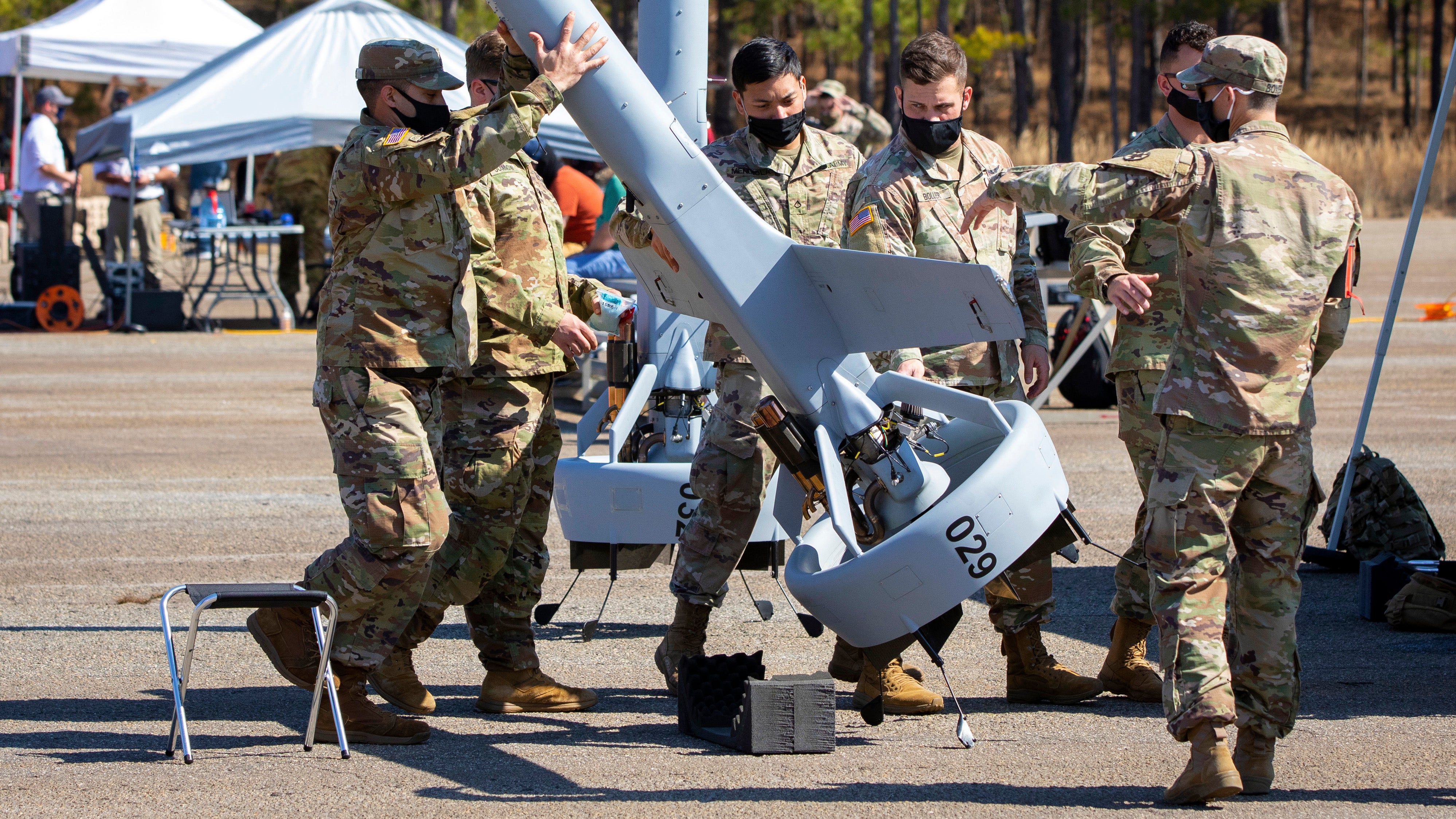Change is Coming, Whether You are Ready or Not
Change is Coming, Whether You are Ready or Not

New domains and new technology don’t change some basic theories of warfare, Maj. Amos Fox said during a recent Mad Scientist webinar on evolving theories of conflict.
The 41-year-old executive officer for the 3rd Squadron, 4th Security Force Assistance Brigade, and widely published author on military history and strategy said despite an expanding definition of national security, some basics don’t change.
“We are so young and have such short spans of life that we don’t get to learn a lot of things about a lot of things,” he said. “We view this blurring of war and peace as something new, and really it is not.”
Focusing on some basics will help, Fox said. For example, he said, “it is common sense that any strategic actor is going to operate in a way that prevents them from being defeated and allows them to accomplish their policy objectives and their subordinate military and tactical objectives to advance. Really, we shouldn’t be shocked when we see things like this occurring.”
In trying to protect against decisive blows that would lead to their defeat, potential adversaries should be expected to move into new domains and expand technology, Fox said. This is their attempt to sidestep the strengths of their opponents.
“There are always going to be opponents. Competition never ends in the strategic arena,” Fox said.
Appearing in the same discussion, Capt. Lauren Hansen-Armendariz, the 101st Airborne Division‘s deputy chief of innovation, said change is a constant in national security. “To me, innovation is all about transformation. If we don’t see it that way, we are going in the wrong direction,” she said.
“We need a culture of experimentation and learning,” she said. “Think about when you bring an idea or some type of change. What are the expectations of that when you bring an idea or some type of change, when you are proposing a new idea? It has to be complete. It has to be sure to succeed. It has to be minimal risk, especially if it is novel,” she said. “We know that goes against all agile innovation principles.”
Commanders generally support the idea of empowering change, but soldiers don’t feel empowered, she said. That’s a mistake because soldiers “are the ones closest to the problem.”
If the Army really wants a culture of experimentation, it needs to assume some risk while giving soldiers “some cloud cover” as they look for new ideas, she said. They also need resources and someone who is their champion.
“We cannot predict the future. We don’t know what changes we need to anticipate. But we know we need to be ready to make changes,” Hansen-Armendariz said. “That is something really hard for the military to do, particularly at the tactical level.”
The military has many people thinking about change from the strategic level, but does less at the tactical level, she said. “We cannot afford to move at the pace of strategic change. We have to move at the pace of tactical change, which means it is our responsibility at echelon to be experimenting and learning.”

